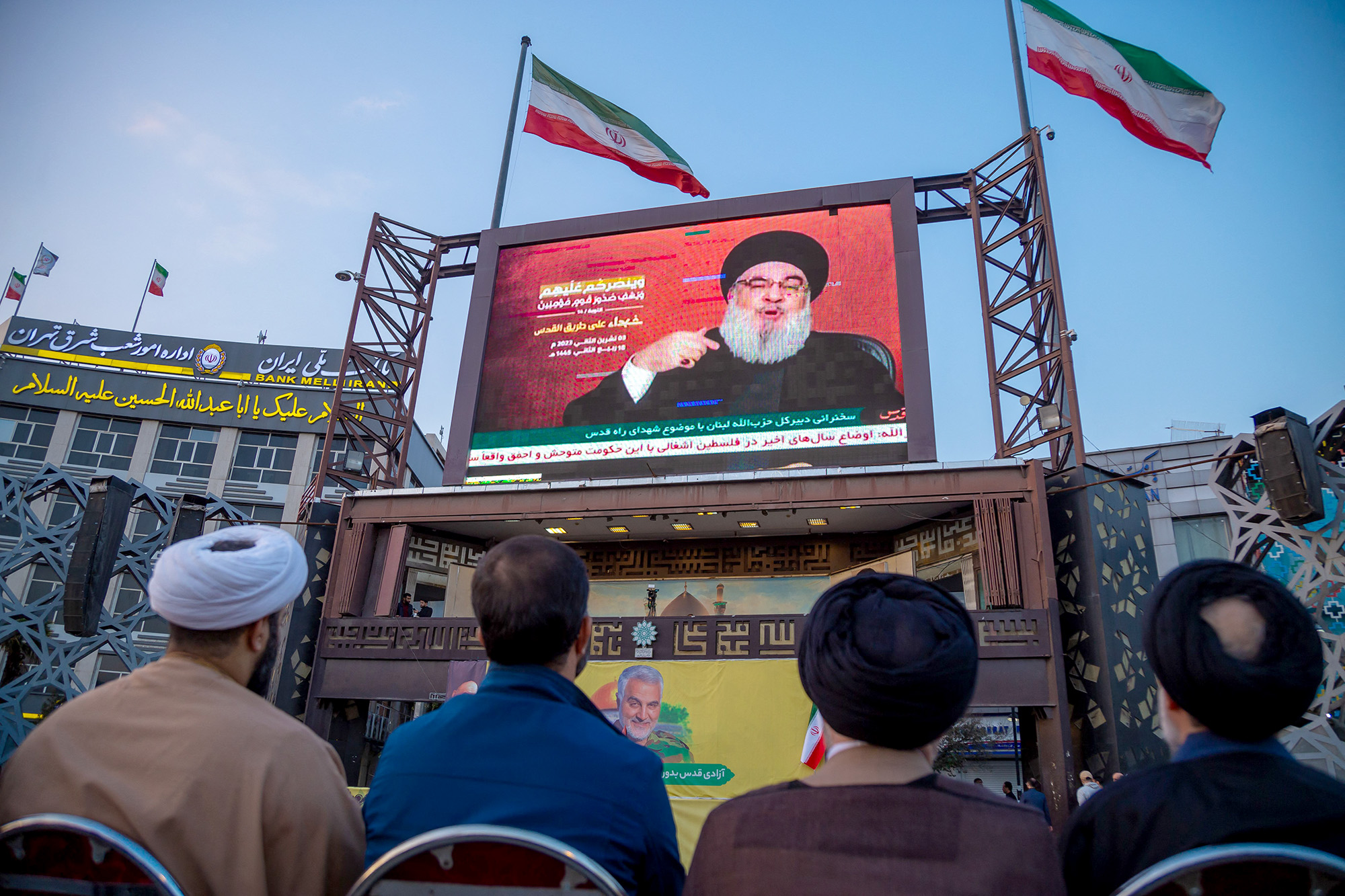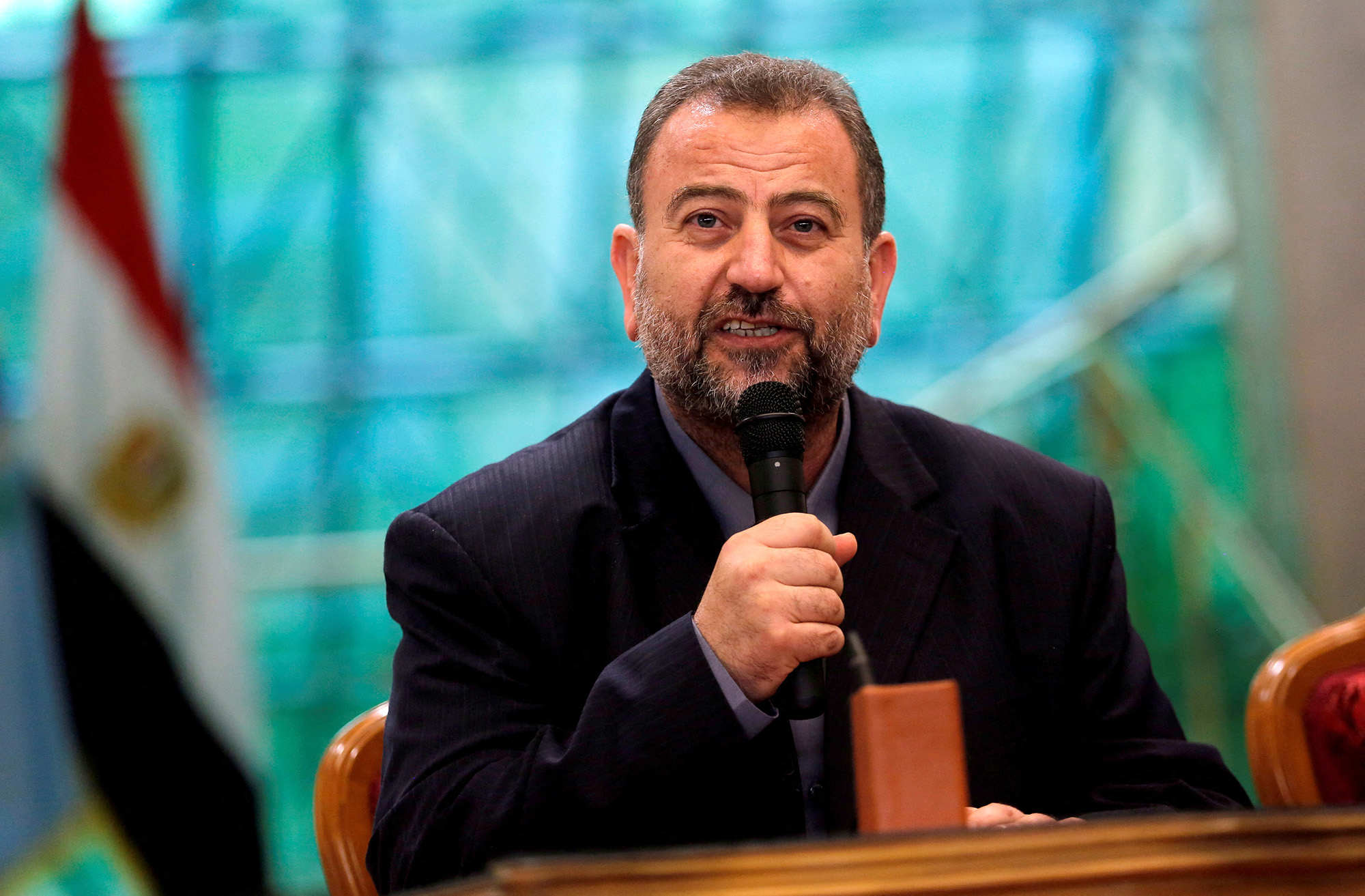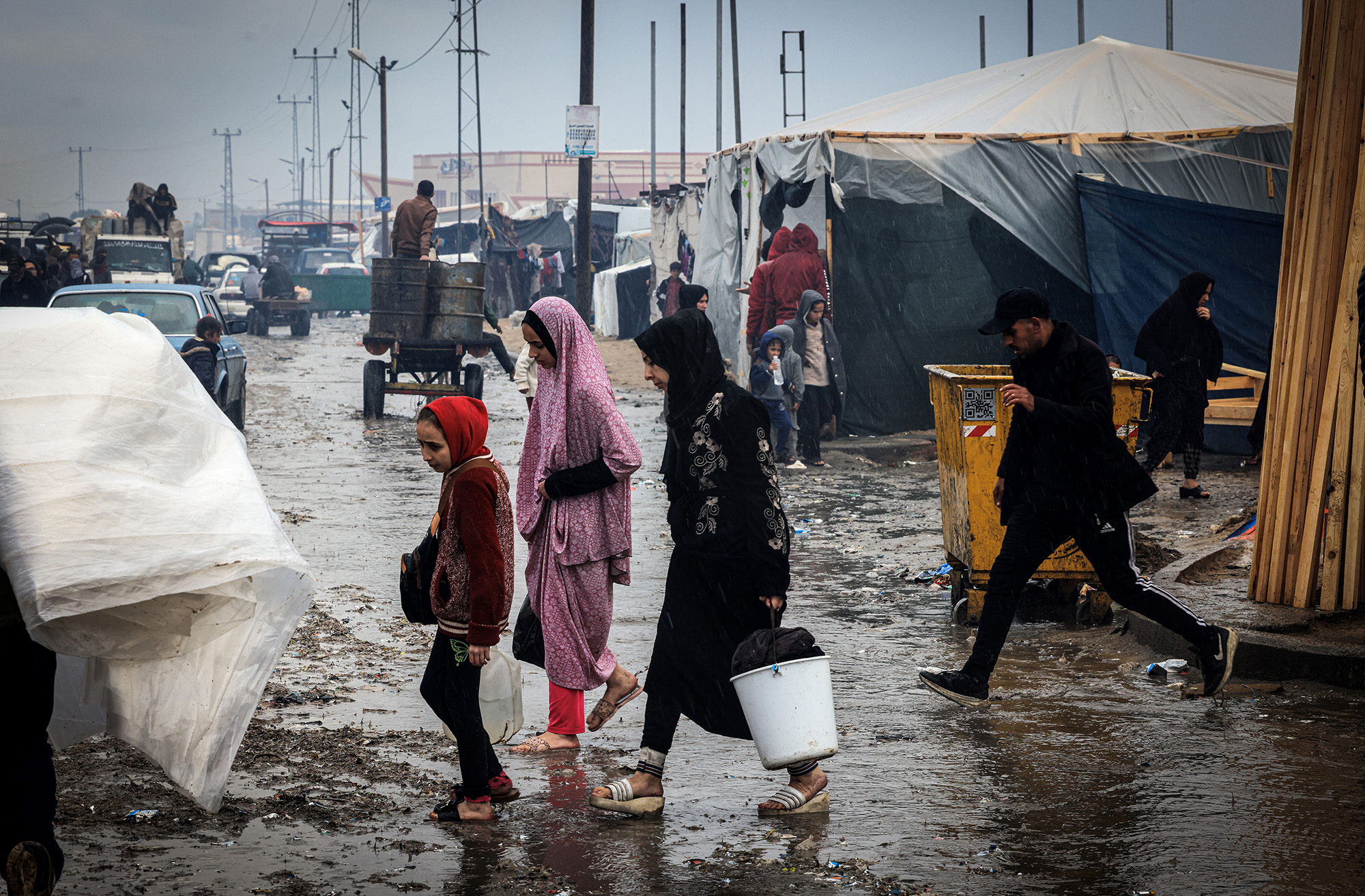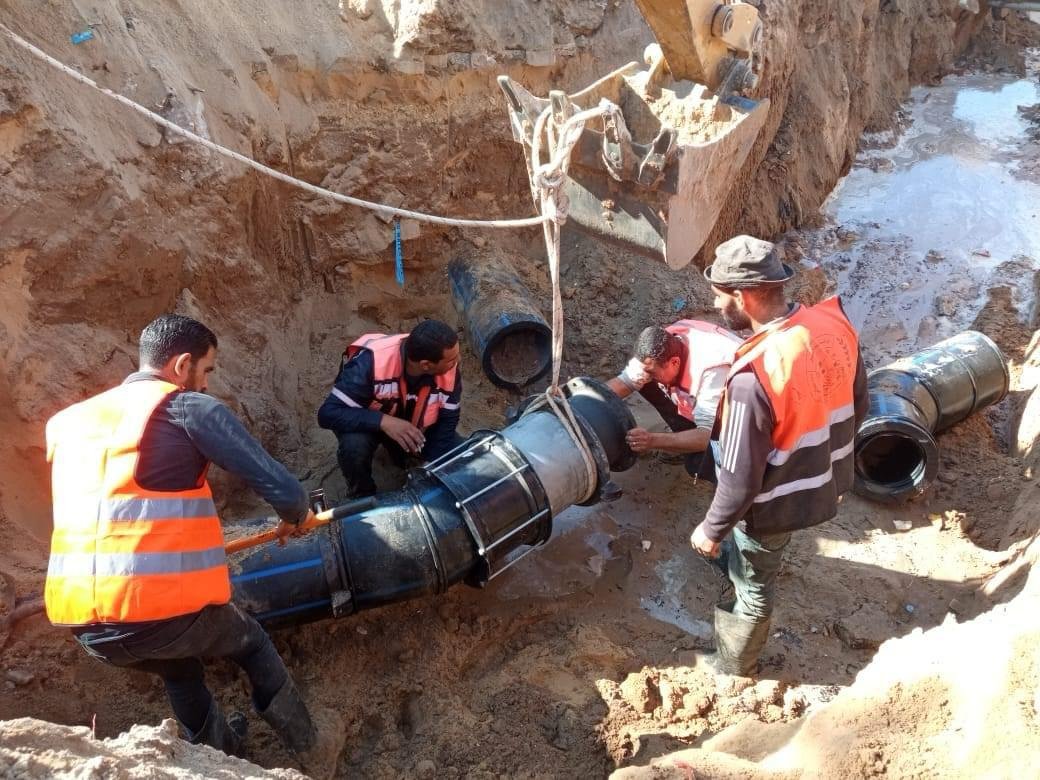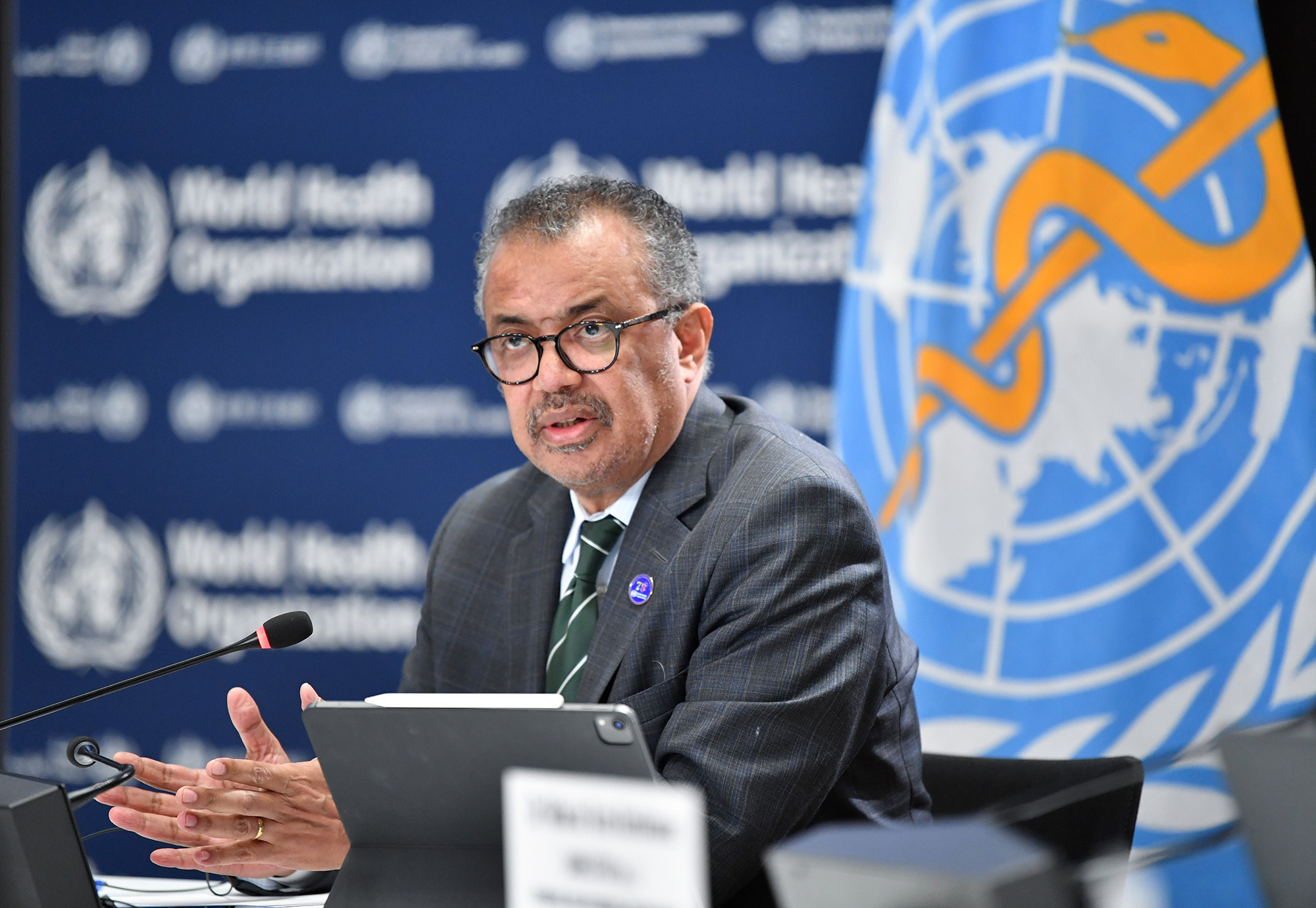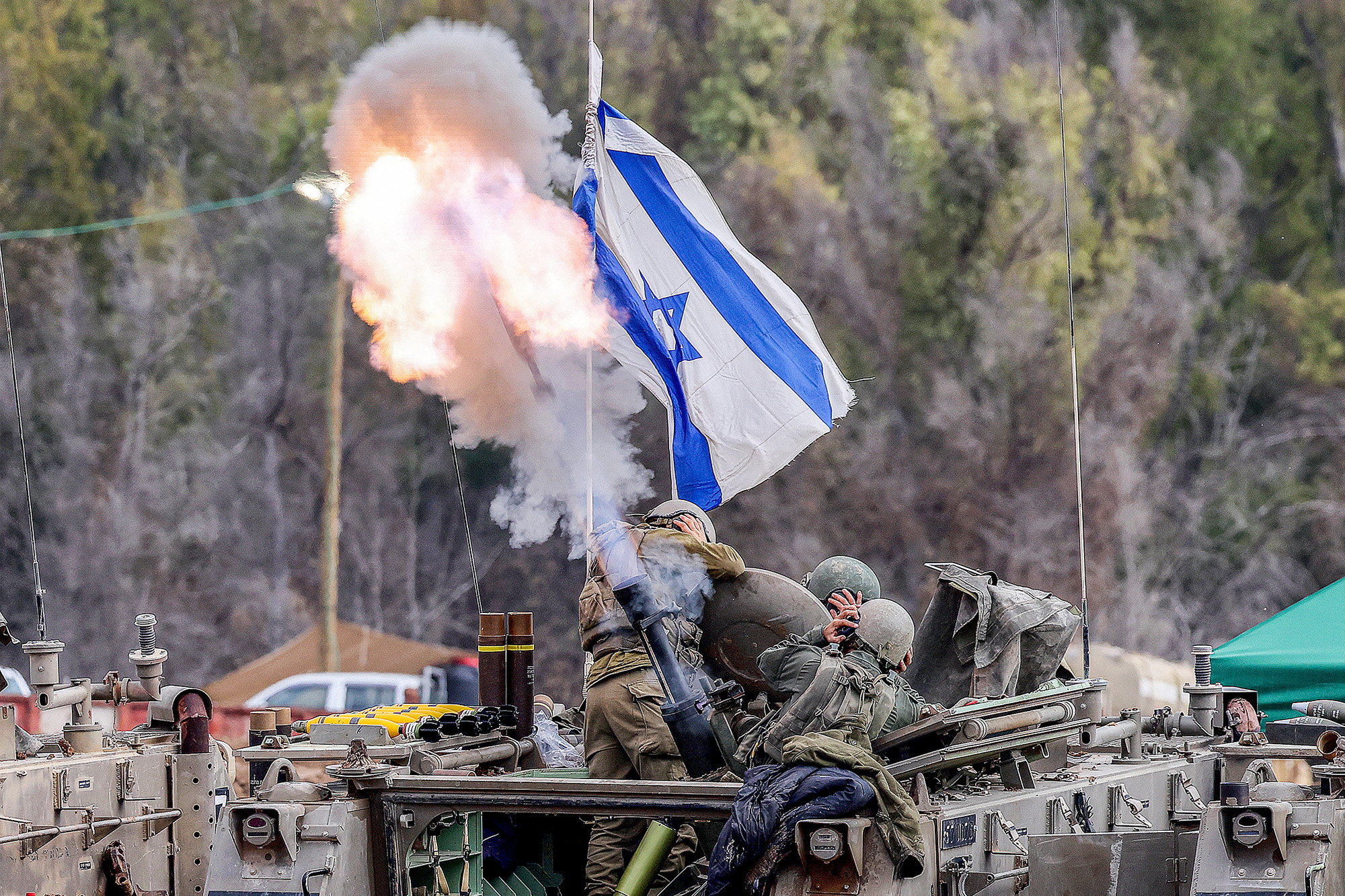
There have been fighting and Israeli strikes in several areas of the Gaza Strip over the past 24 hours, according to both the Israel Defense Forces and sources in Gaza.
Video from the Jabalya refugee camp showed the aftermath of a substantial explosion which resulted in several civilian casualties.
The Hamas-controlled Health Ministry in Gaza said “tens" were "killed and injured" when a family home in Jabalya was targeted.
CNN has reached out to the IDF for comment on its operations in the area.
Before the explosion in Jabalya, the Health Ministry in Gaza reported that over the previous 24 hours, 128 people had been killed in Gaza and a further 261 injured.
According to the Ministry, the total number of people killed in Gaza since 7 October has risen to 22,313, with more than 57,000 people injured.
The Gaza ministry, as well as its counterpart in the occupied West Bank, estimates that some 70% of the casualties have been women and children.
CNN is unable to independently confirm the figures provided by the Gaza ministry, due to restricted access to the region and the difficulty in verifying accurate numbers amidst the ongoing conflict.
While some parts of Gaza have been quieter after the withdrawal of some Israeli units, intense combat continues in the Khan Younis area, according to both the IDF and Hamas’ military wing.
The IDF said its troops located a tunnel shaft inside a school in the Khirbet Khuza'a neighborhood of Khan Younis “and killed terrorists who attempted to plant an explosive device on a tank.”
“The troops, including armored corps and engineering forces, conducted targeted raids on central locations in the area,” the IDF said. It spoke of intensive battles in Khan Younis.
